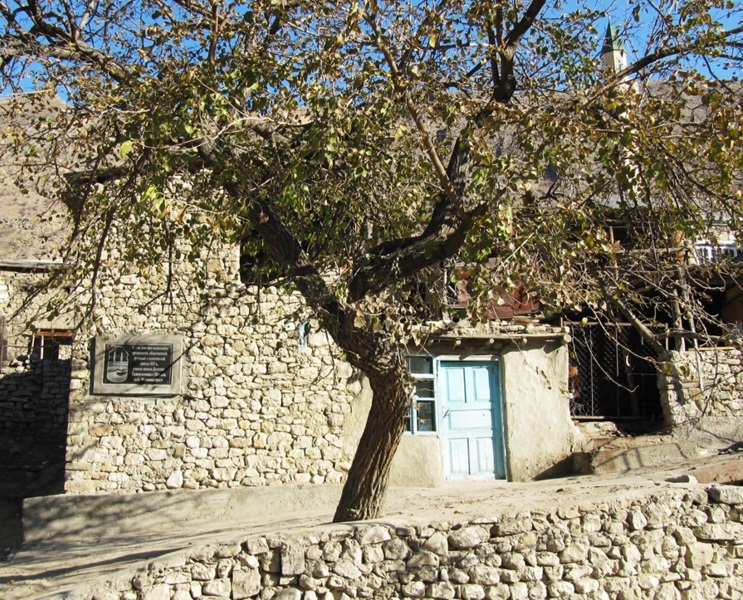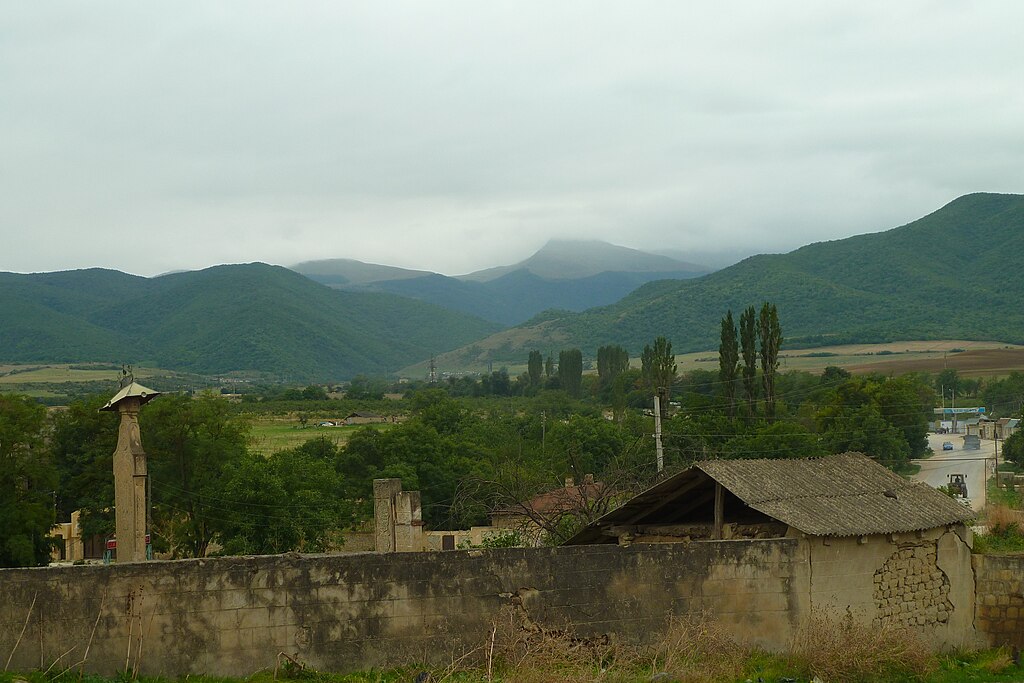Russian Power Engineers Develop New Solutions to Hunt Illegal Crypto Miners

Russian power engineers say they have developed new methods to help them track down and prosecute illegal crypto miners operating in areas prone to electricity shortages.
The Russian media outlet RG quoted the North Caucasus branch of the national power provider Rosseti as stating that it has used the solutions to detect “dozens of underground crypto mining farms in Dagestan.”
Russian Power Engineers: A New Way to Find Crypto Miners?
The power firm and its Dagestan subsidiary Dagenergo say they pioneered these solutions in the villages of Balakhani and Maidanskoye.
Villagers had written to the firms complaining about frequent power outages. Suspecting the presence of crypto miners, the power providers contacted internet providers and mobile operators.
The parties agreed to cut off residents’ internet access for a short period. Then, they measured the load on the villages’ power grid.
The power firms found that the load dropped by 3.2 MW. They calculated that this meant that “about 900 crypto mining rigs” were operating in the two villages.
Rosseti said that 3.2 MW would provide enough electricity to power up to 1,500 houses. The company added that the two villages are home to fewer than 900 families.
Using similar methods could help power engineers quickly identify crypto miners on grid maps, power providers suggested.
However, they conceded that tracking down illegal miners has become increasingly difficult.
Many miners hide their rigs in outbuildings and livestock farms, or use mobile units housed in vans and trucks to avoid detection.
Dagestan’s Crypto Mining Woes
In Dagestan’s Sergokalinsky District, engineers say they found a crypto mining farm operating “several meters underground.”
A recent crackdown in the republic’s Untsukulsky District has seen officers confiscate “dozens” of rigs.
The crackdown saw the power providers launch 35 legal cases pertaining to “unauthorized and unmetered electricity consumption.”
The providers have pressed charges against 30 people in four villages in Untsukulsky.
Crypto mining is illegal during the winter months in Dagestan until 2031. But observers say that North Caucasus villages continue to buzz with the sound of cooling fans throughout the year.
The region’s famously low electricity prices continue to draw crypto miners to the area. And many quasi-legal miners fail to declare their operations, paying heavily subsidized residential rates to power scores of mining rigs, Rosseti added.

Crypto Miners ‘Stealing Millions of USD from Grids’
Rosseti North Caucasus said that Dagestan leads in the North Caucasus region in terms of the number of illegal crypto farms it has identified.
The power provided said that both the number of illegal mining farms and the volume of electricity stolen by miners in Dagestan doubled in 2024.
The firm said that, over the past three years, illegal and quasi-legal crypto miners have stolen an estimated 400 million rubles ($5 million) worth of power from the Dagestan grid.
Vyacheslav Afanasyev, a senior executive at the power system operator Southern Unified Energy System, conceded that quasi-legal and illegal mining continues to be a problem.
Afanasyev said that many underground crypto mining farms continue to pay for electricity at household rates or “do not pay at all.” He added:
“We can see that substations where the loads were once well short of full capacity are currently experiencing overloads.”
Such a phenomenon can only be explained by the presence of illicit crypto miners, he suggested.
More Mining Bans to Follow?
Government bodies have said they are considering requests to issue year-round bans on mining in a number of regions.
They are also considering extending the existing ban to encompass more parts of the country. Other Russian republics, however, have been encouraged to welcome miners if they have idle electrical capacity.
In the southern part of the Bitcoin mining hub of Irkutsk, meanwhile, crypto mining has already been banned completely until 2031.
Some Russian regulatory bodies have also argued that Moscow should introduce criminal liability for people who flaunt crypto mining rules.
At present, courts only have the power to issue relatively minor fines for the improper use of electricity.
Politicians claim that the threat of heavier fines or even jail time would serve as a more efficient deterrent.
The post Russian Power Engineers Develop New Solutions to Hunt Illegal Crypto Miners appeared first on Cryptonews.




